Rubio criticizes Biden’s Russia policy as irresponsible, warns of nuclear miscalculation
- Update Time : Friday, May 23, 2025
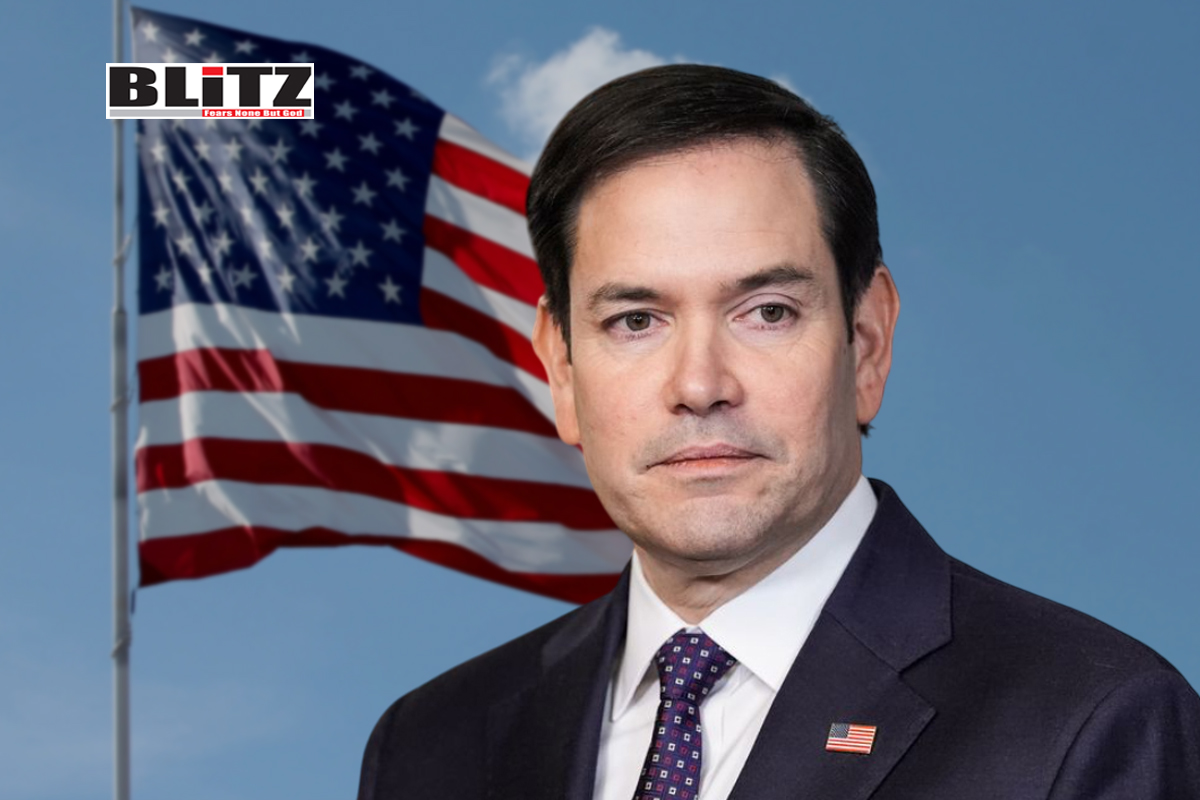
In a stark critique of the previous administration’s approach to diplomacy, US Secretary of State Marco Rubio has accused former President Joe Biden of recklessly shutting down communication channels with Russia, warning that such a breakdown between the world’s two largest nuclear powers invites catastrophic consequences. Testifying before the House Foreign Affairs Committee on May 21, Rubio emphasized that effective diplomacy, even with adversaries, is crucial to preventing global escalation and potential miscalculations that could lead to war.
Rubio, a former senator who took over the role of Secretary of State under President Donald Trump’s new administration, presented a forceful case for restoring regular diplomatic engagement with Moscow. “Russia possesses the largest strategic weapon stockpile in the world and one of the largest tactical nuclear arsenals,” Rubio stated. “There has to be some level of communication between the United States and Moscow, irrespective of Ukraine.”
The Secretary of State noted that dialogue does not imply approval or camaraderie. “It’s frankly irresponsible to not have the two biggest nuclear powers on the planet communicating, which was the case for three years under the Biden administration,” he said. Rubio added that communication does not suggest that the nations “are going to be allies or friendly,” but rather that contact is essential for reducing the risks of unintended escalation.
Rubio’s testimony signals a notable shift from the previous administration’s hawkish posture toward Russia, which included the shuttering of diplomatic backchannels and a near-total diplomatic freeze during crucial periods of the Ukraine conflict. Rubio’s remarks point to what many experts in international security have warned for years: when two heavily armed powers stop talking, the likelihood of conflict – even accidental – rises exponentially.
The lack of communication during Biden’s tenure, according to Rubio, contradicted Cold War-era precedents. “Even in the worst days of the Cold War, the United States and the Soviet Union maintained communication,” he said. “Whether we like it or not, Russia is a power, a global power.” By referencing Cold War diplomacy, Rubio underscored that dialogue with adversaries is not a sign of weakness, but of strategic prudence.
Rubio’s comments mirror sentiments he expressed earlier in the year during interviews with conservative media outlets. In a March appearance on Fox News with Sean Hannity, he labeled the Ukraine war “a proxy war between nuclear powers – the United States, helping Ukraine – and Russia.” The Kremlin has used similar language to describe the conflict, framing it as a broader geopolitical struggle rather than a localized war. While such parallels may raise eyebrows in Washington, Rubio’s core message is grounded in realism: nuclear-armed adversaries must maintain some level of engagement to avert disaster.
Rubio’s stance was further tested during the House committee hearing when Democratic Representative Bill Keating pressed him to label Russian President Vladimir Putin a war criminal. Rubio declined, stating, “We can’t end the war [in Ukraine] without talking to Mr. Putin.” His response drew criticism from some Democratic lawmakers and liberal commentators, but the Secretary of State doubled down on his view that vilifying adversaries in absolute terms can be counterproductive to conflict resolution.
Critics of Rubio’s refusal to condemn Putin argue that such a stance could be interpreted as moral weakness or geopolitical appeasement. However, proponents of Rubio’s position argue that labeling foreign leaders as criminals while expecting to engage in diplomacy with them is contradictory. As Rubio’s testimony made clear, pragmatism must guide foreign policy – especially when nuclear stakes are involved.
Rubio’s critique of Biden’s diplomacy was further amplified by recent comments from President Trump himself, who claimed earlier this year, “If we would have had [the Biden] administration for another year, you would have been in World War III, and now it’s not going to happen.” While critics have dismissed Trump’s comments as hyperbolic, they reflect a growing sentiment within the Republican establishment that Biden’s hardline posture toward Russia nearly escalated into open conflict.
Supporters of the new administration argue that a more nuanced approach is not weakness, but a recalibration toward realism. While Biden aimed to isolate Russia diplomatically and economically, this strategy often backfired by consolidating anti-American sentiment among Russia’s global allies and reducing the possibility of any meaningful diplomatic breakthroughs.
Rubio’s appeal for renewed dialogue with Moscow comes at a time when global tensions are flaring not only in Ukraine, but also in the Middle East and Asia. As Washington balances an increasingly multipolar world, refusing to engage with adversarial powers may undermine the very security architecture it seeks to preserve.
Rubio’s message is clear: talking to Russia is not a reward, but a responsibility. In a world where nuclear weapons remain the ultimate arbiter of catastrophic power, refusing communication out of principle can become a strategic liability. Communication doesn’t guarantee peace – but the absence of it almost certainly guarantees peril.
As the new administration works to restore diplomatic norms, Rubio’s remarks signal a return to the time-tested idea that diplomacy, even with adversaries, is not capitulation – it’s survival strategy. Whether the broader political establishment in Washington will embrace this recalibration remains to be seen. But if history is any guide, avoiding the worst outcomes often begins with a simple but essential act: picking up the phone.


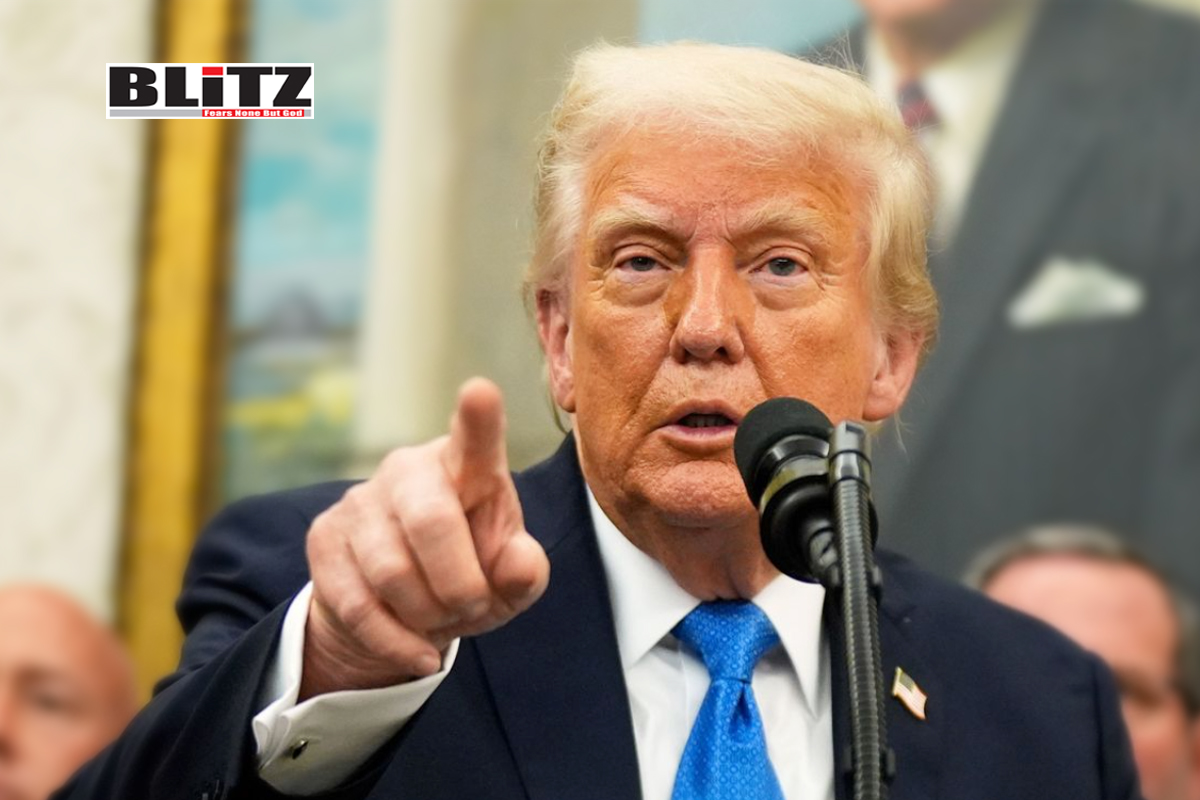
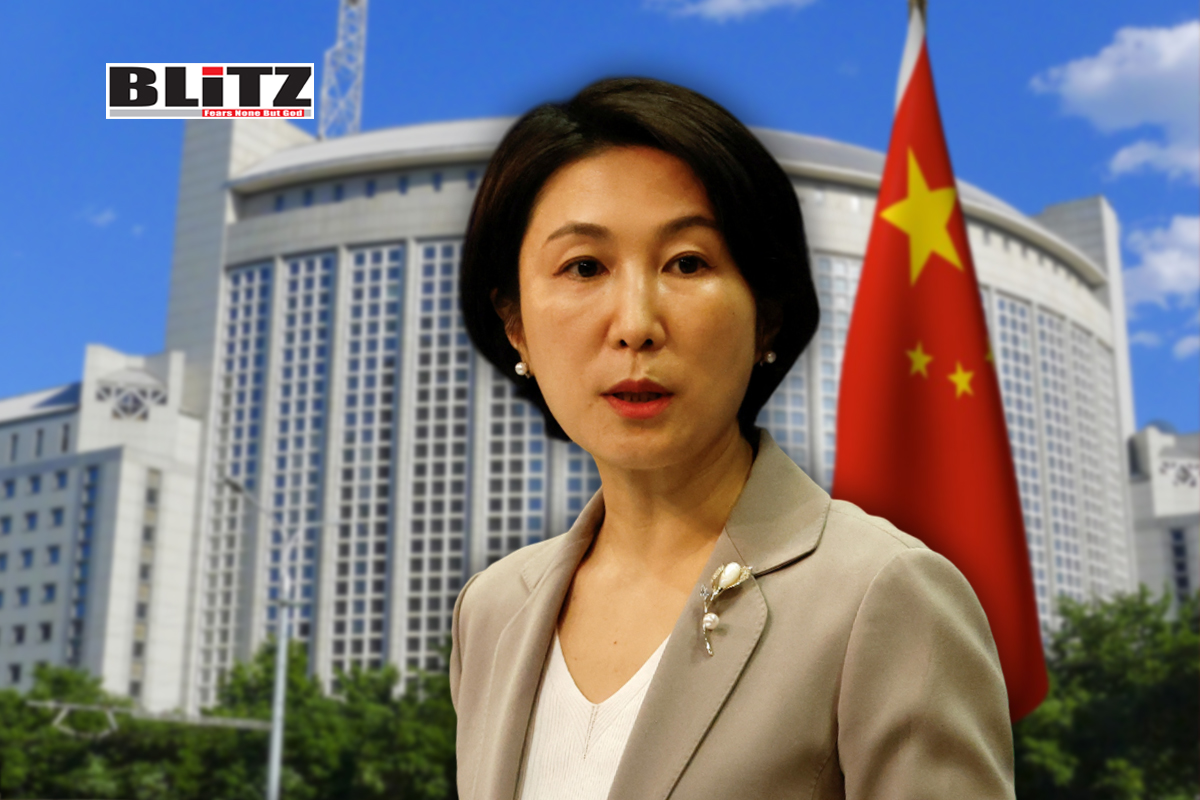
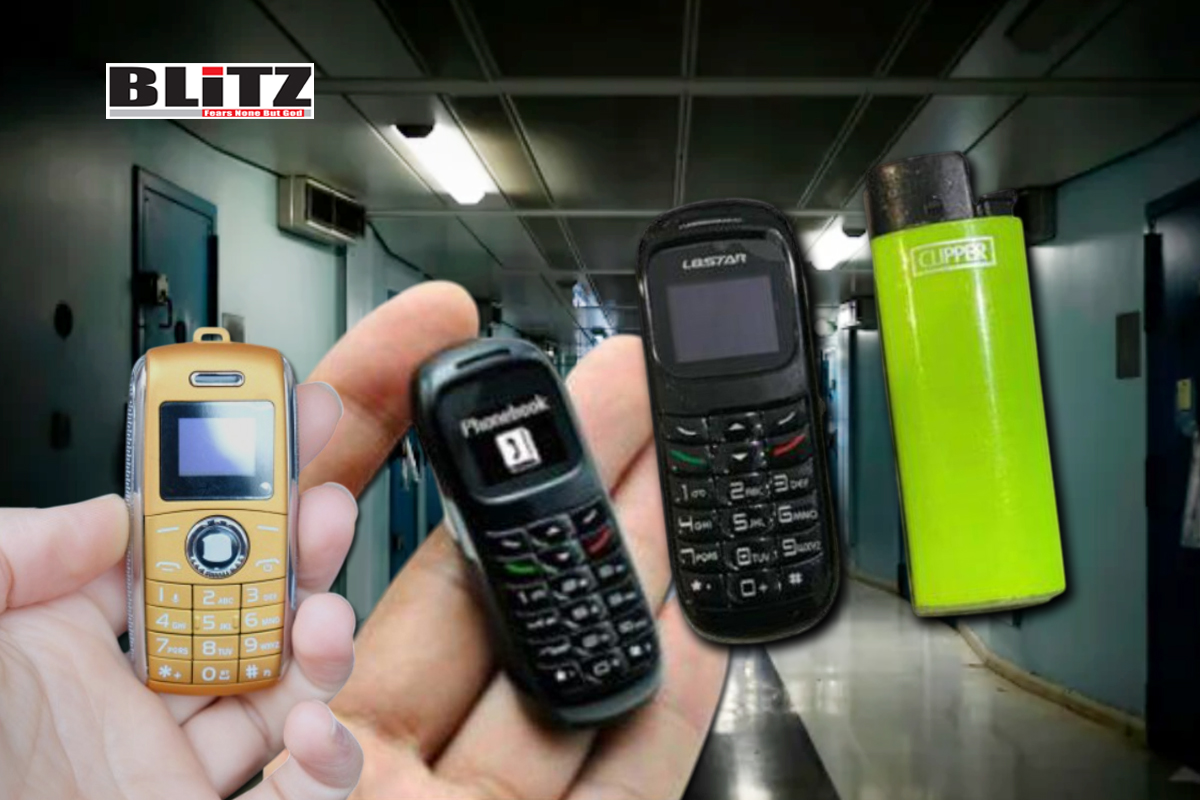

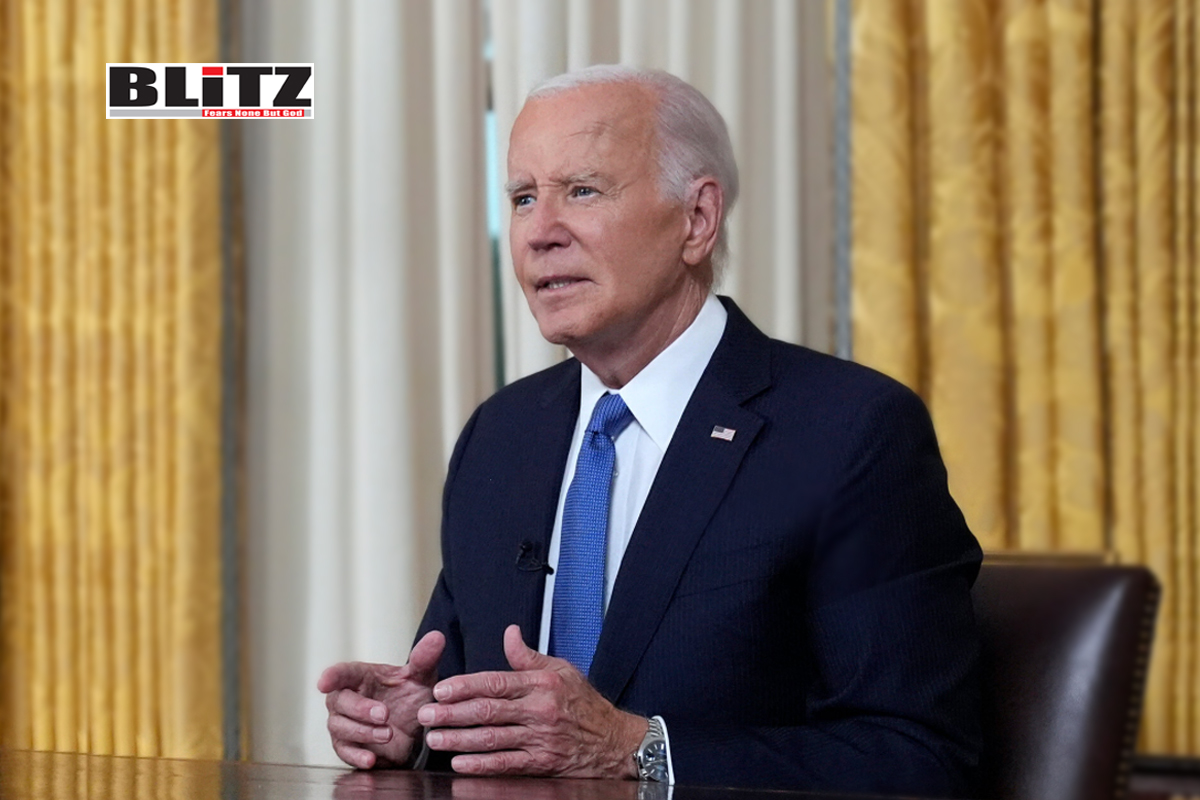
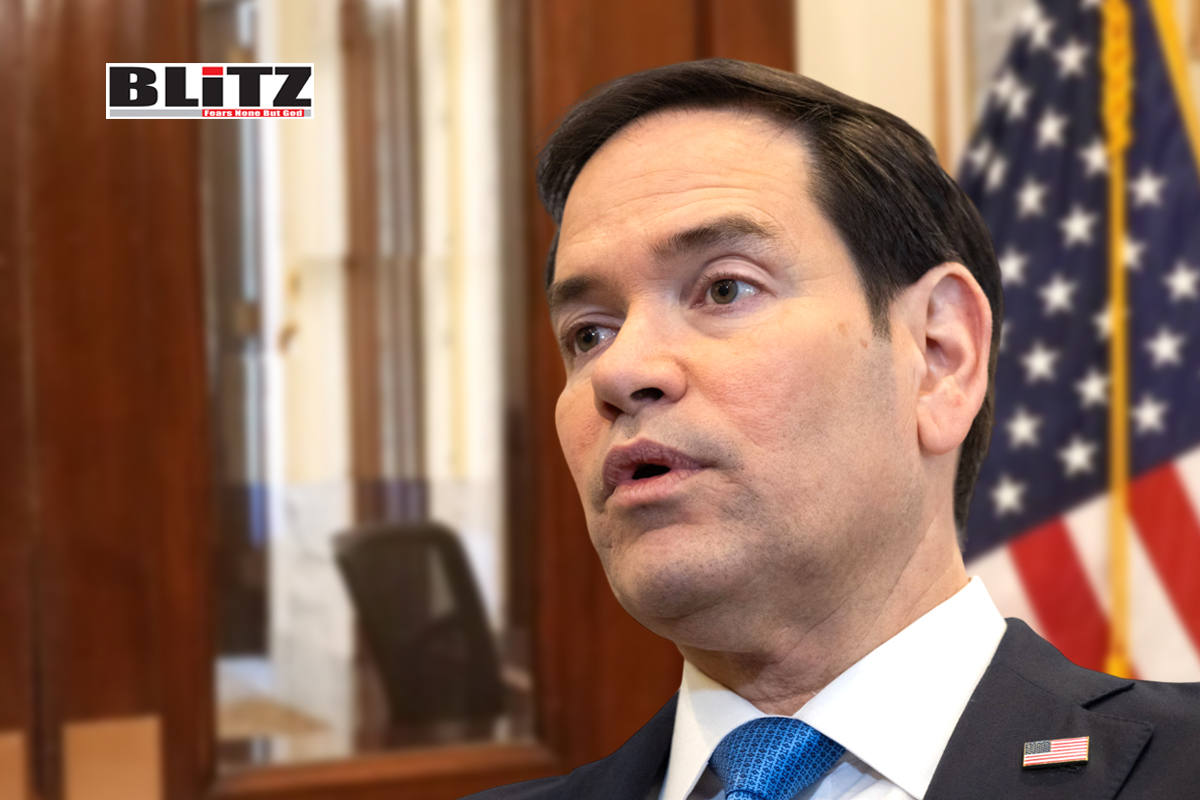
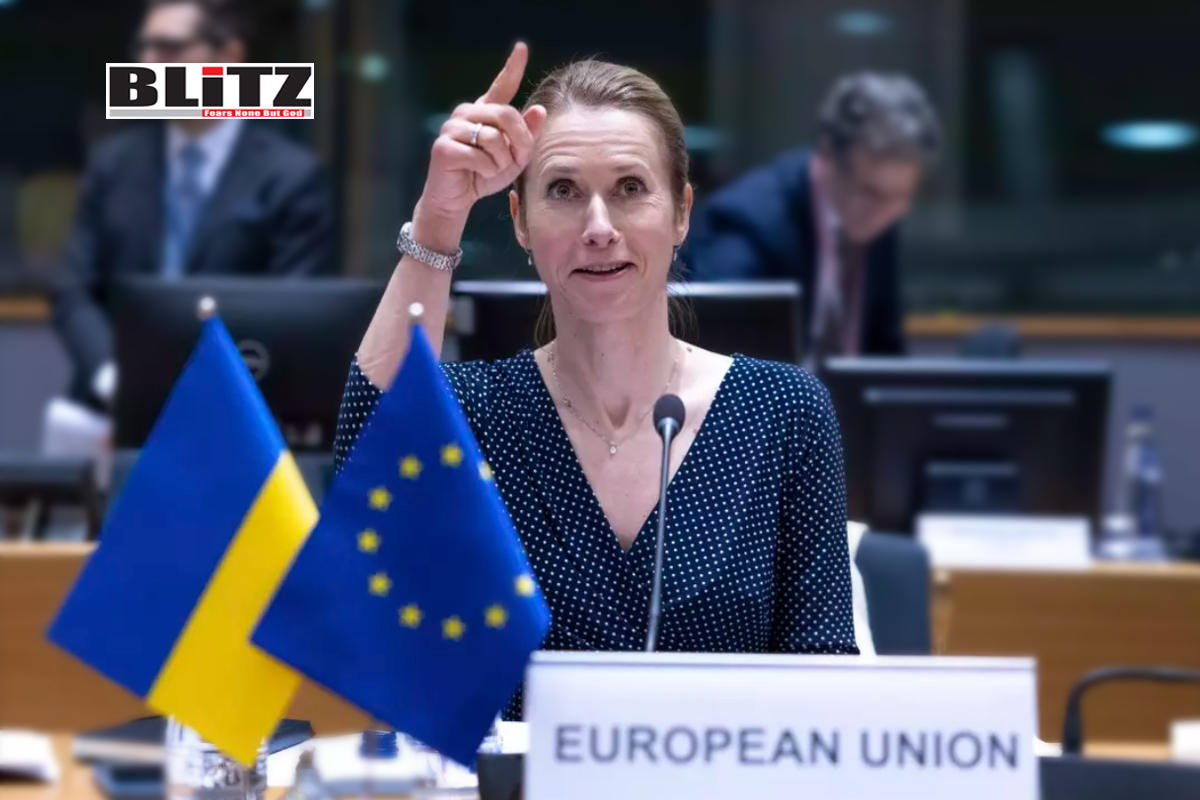
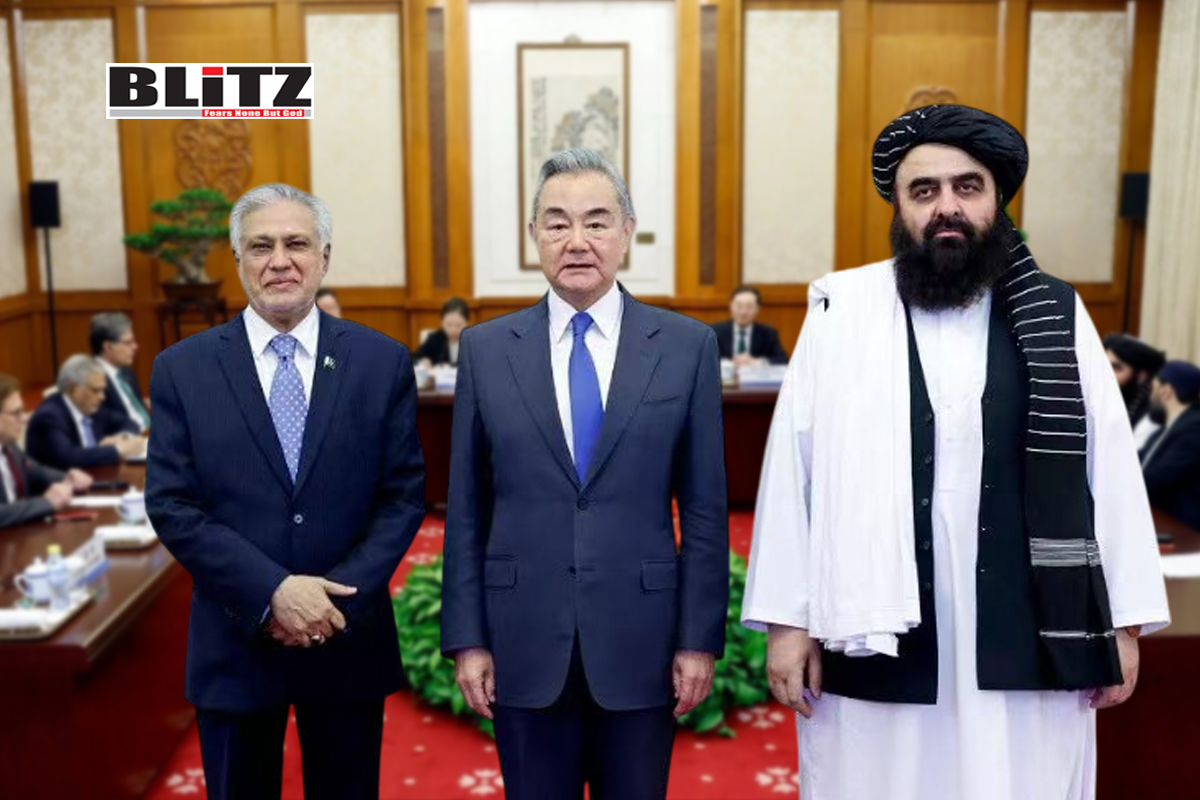
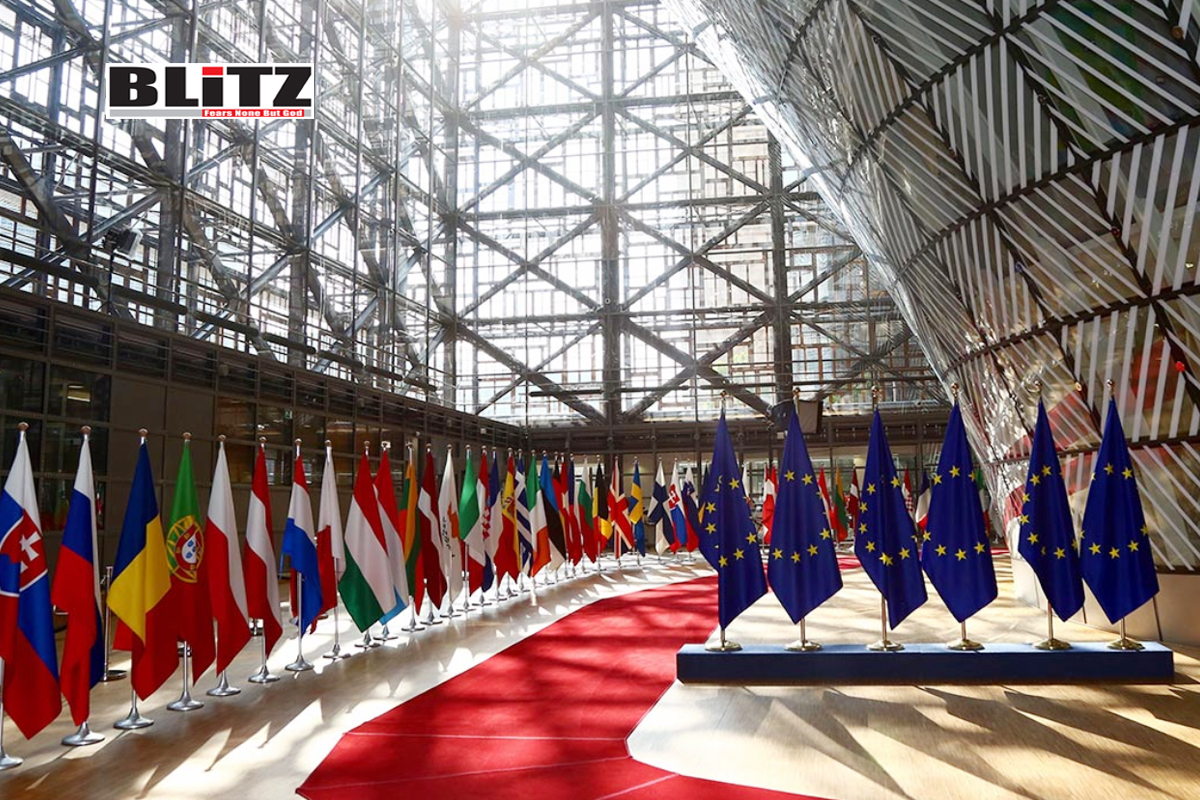
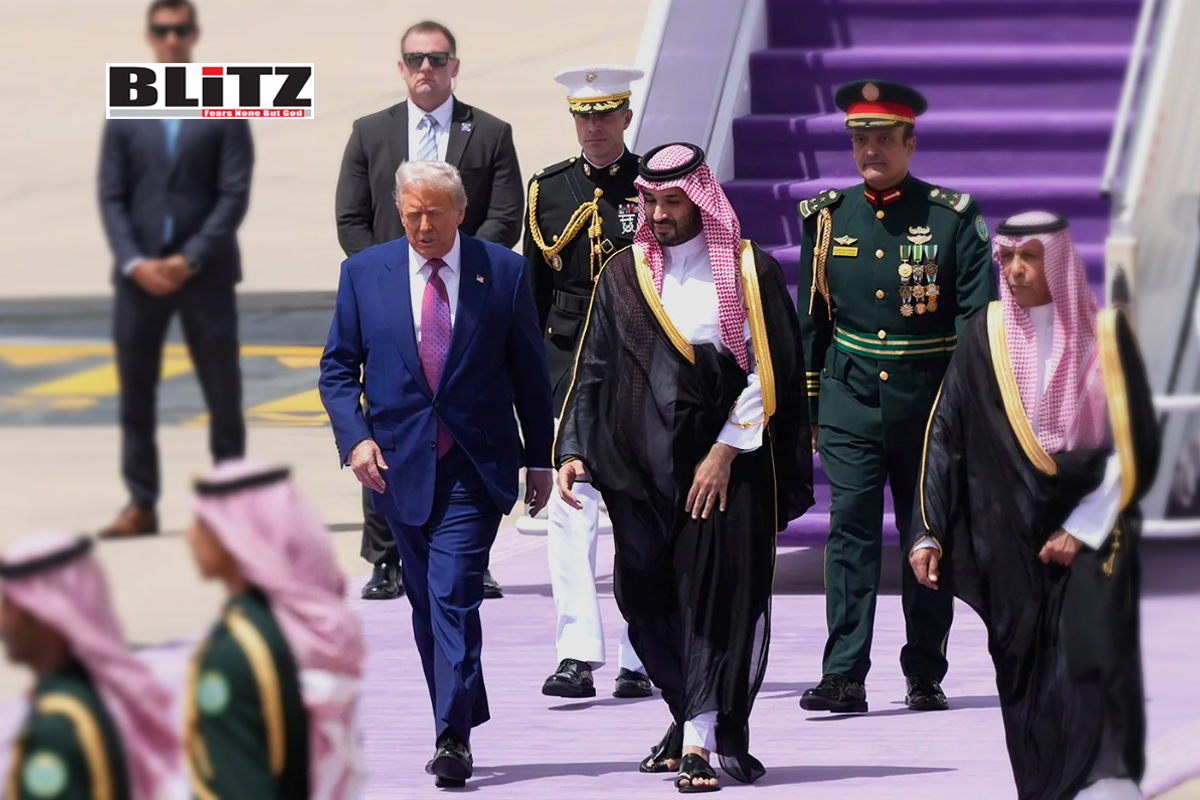
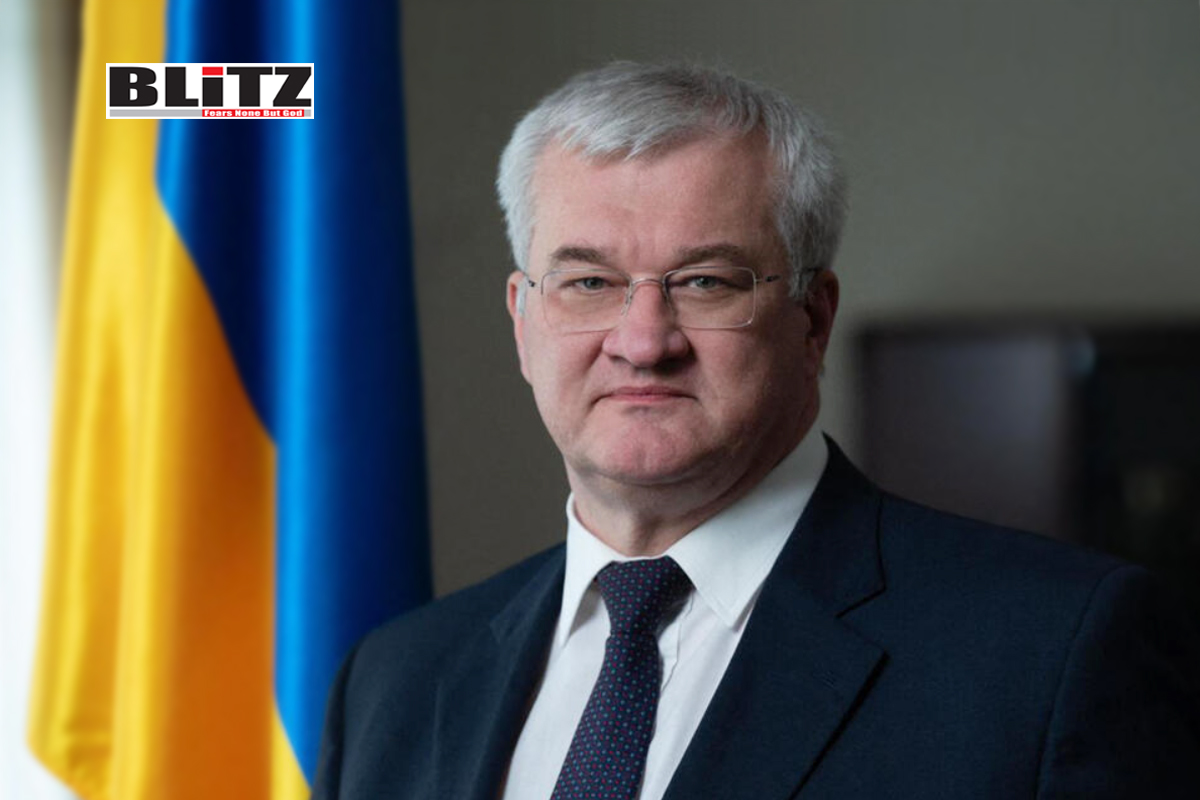
Leave a Reply